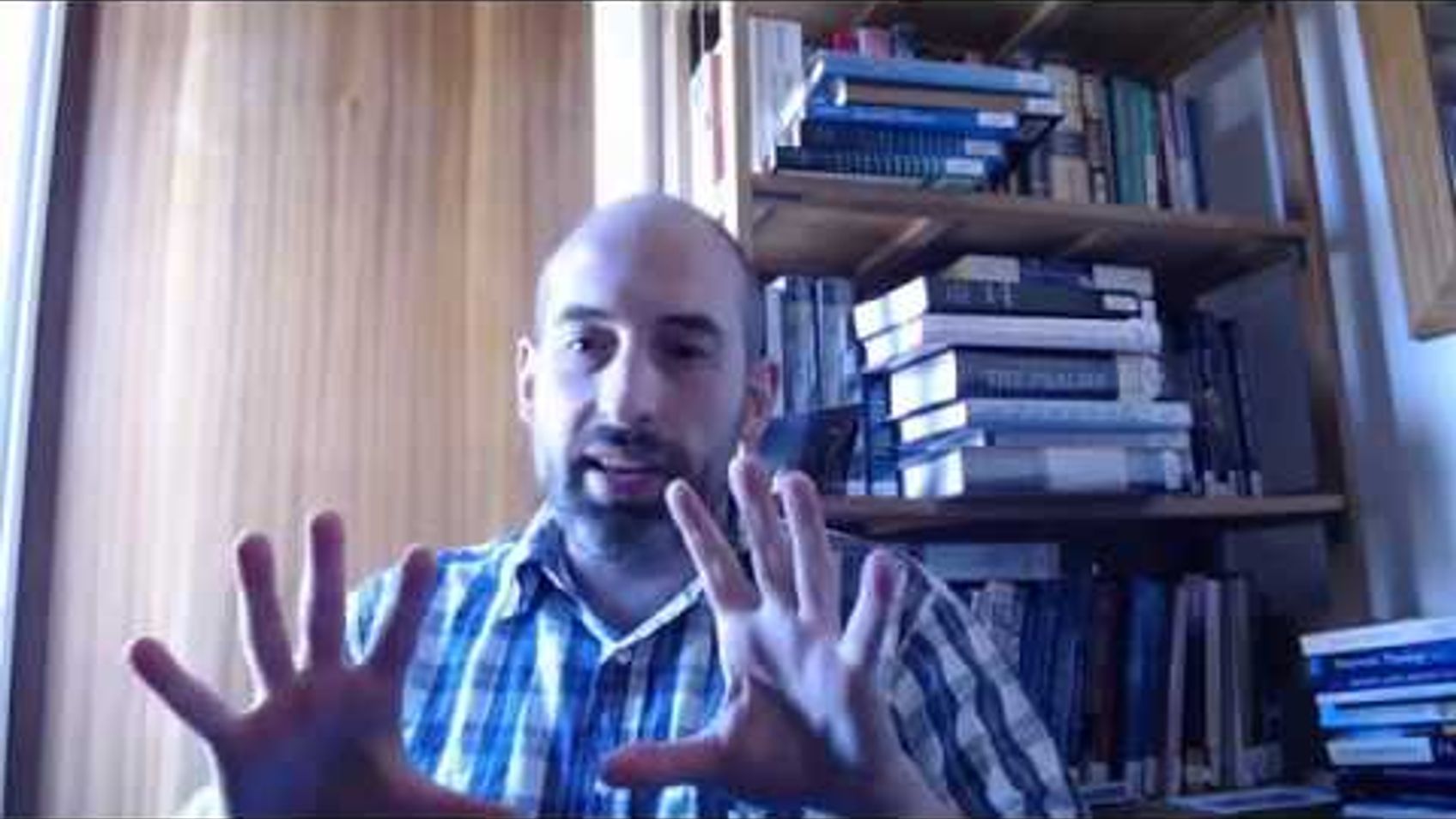Q&A#57 Gender Segregation?

Today's question: "In relation to your "Paul Maxwell on Masculinity" video, I definitely have observed the beneficial impact that working together seems to have on men. However, you suggest that keeping men and women working separately as much as possible is the best way to allow men to have good sense of their own masculinity. What exactly would that look like in a modern context, and are there areas where you think that separation would become problematic? Prudence Allen's work on philosophical concepts of women indicates that the treatment of universities as male-only spaces did have some very negative results, and she argues for a complementarity view of the sexes that emphasizes the way positive interaction between the sexes can create more fruitful results, intellectual and otherwise, than if the sexes are kept separate. Are there spaces where you think gender exclusion should not take place?"
The video referenced in this question can be seen here: https://www.youtube.com/watch?v=UMXIWH_axL4.
Within this video, I reference the three volume work of Sister Prudence Allen, 'The Concept of Woman'—Volume 1 (https://amzn.to/2xBUQ4P), Volume 2 (https://amzn.to/2QRzloG), Volume 3 (https://amzn.to/2NGlV0P).
If you have any questions, you can leave them on my Curious Cat account: https://curiouscat.me/zugzwanged.
If you have enjoyed these videos, please tell your friends and consider supporting me on Patreon: https://www.patreon.com/zugzwanged.
My new Soundcloud account is here: https://soundcloud.com/alastairadversaria. You can also listen to the audio of these episodes on iTunes: https://itunes.apple.com/gb/podcast/alastairs-adversaria/id1416351035?mt=2.
More From Alastair Roberts






More on OpenTheo















